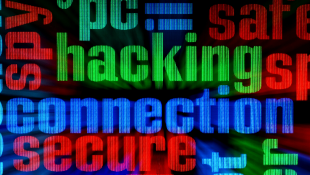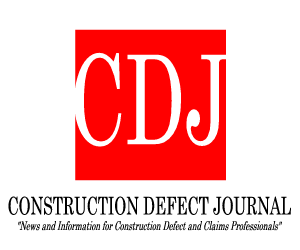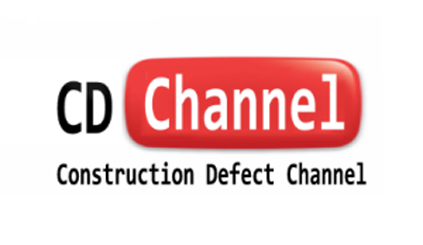
With the advent of the Coronavirus, criminals have begun to take advantage of what consumers expect to receive via email to conduct phishing attacks.
As with other events that attract societal attention – whether it be an international sporting event like the Olympics or a natural disaster like the Australian bush fires - criminals often utilize the events to exploit consumers’ fears and, in turn, compromise the cybersecurity of businesses nationwide. With the advent of the Coronavirus, criminals have begun to take advantage of what consumers expect to receive via email to conduct phishing attacks. Criminals are also expected to take advantage of millions of vulnerable remote connections from employee home networks to their corporate networks.
According to Proofpoint Inc., a cybersecurity firm, the use of sophisticated Coronavirus-related “phishing” strategies has been on the rise since January, with new malicious email campaigns surfacing each day. These emails, which appear to come from legitimate organizations, contain content such as advice on combatting the Coronavirus, phony invoices for purchases of face masks and medical supplies, advertisements for products that allegedly treat the illness, and phony alerts from the World Health Organization (WHO) or Centers for Disease Control and Prevention (CDC). When the email recipients open these messages, they unknowingly release malware, which allows the attacker to gain access to their personal information and to compromise the security of their employers’ networks.
The recent emergence of Coronavirus-related “phishing” schemes demonstrates that businesses must remain vigilant. Employees and their employers are particularly vulnerable now, in light of the novel nature of the Coronavirus, the paucity of information concerning the illness, and the rapid and significant manner in which it is spreading. Individuals are thirsty for information and advice, and are eager to take any action necessary to protect themselves and their families.
Reprinted courtesy of Christopher E. Ballod, Lewis Brisbois and Sean B. Hoar, Lewis Brisbois
Mr. Ballod may be contacted at Christopher.Ballod@lewisbrisbois.com
Mr. Hoar may be contacted at Sean.Hoar@lewisbrisbois.com




